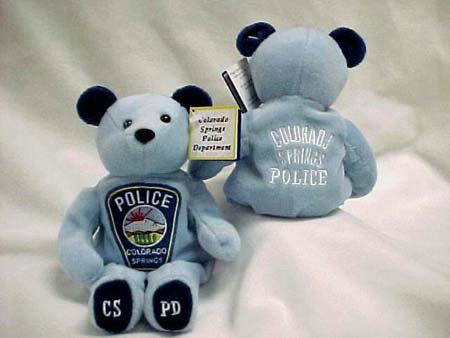Colorado: Crime Lab Generates False DUI Readings
At least eighty-two motorists in Colorado Springs, Colorado may have been falsely accused of driving under the influence of alcohol (DUI) based on unreliable blood test results. After double-checking its own work, the city’s Metro Crime Lab on Friday admitted that out of 1000 tests conducted since January, no fewer than eighty-two results were inflated above the driver’s true blood alcohol content. More incorrect readings could be discovered as re-testing continues.
The Colorado Bureau of Investigations is performing its own independent investigation of the lab to identify the source of the erroneous readings. Agilent Technologies, manufacturer of the blood testing machines, insisted its equipment was working properly. The city prosecutor’s office and Colorado Department of Revenue are looking to see whether the amended test results will affect any drivers convicted of DUI. If so, driver’s licenses could be reinstated, criminal charges dropped and fines refunded.
“These agencies are fully supportive that corrective actions are being implemented,” the release explained.
The city claims that the errors were uncovered during a routine quality assurance check and that none of the lab’s other services have been affected. California DUI attorney Lawrence Taylor believes the errors are inherent in DUI cases that rely so heavily on readouts from fallible machines.
“Yes, tests do lie… more often than the public is aware,” Taylor explained. “The only thing unique in this story is that the inaccuracies were discovered — and published.”
Taylor cited as one example that improperly preserved blood can ferment and create alcohol where none existed before.
[courtesy: thenewspaper.com]
More by The Newspaper
Latest Car Reviews
Read moreLatest Product Reviews
Read moreRecent Comments
- Zelgadis Elantra NLine in Lava Orange. I will never buy a dirty dishwater car again. I need color in my life.
- Slavuta CX5 hands down. Only trunk space, where RAV4 is better.
- Kwik_Shift_Pro4X Oof 😣 for Tesla.https://www.naturalnews.com/2024-05-03-nhtsa-probes-tesla-recall-over-autopilot-concerns.html
- Slavuta Autonomous cars can be used by terrorists.
- W Conrad I'm not afraid of them, but they aren't needed for everyone or everywhere. Long haul and highway driving sure, but in the city, nope.


































Comments
Join the conversation
While 'The Newspaper' is often solid in its criticisms of traffic law enforcement, this time they forgot to remove their foil hat. While I'm not certain about breath machines, I don't think that the makers of the blood testing machine, Agilent, would want to risk the FDAs wrath at hiding out of calibration results. What they did here is exactly what should be done. Results obtained between good and bad calibration points will be suspect. Agilent is a regulated medical device manufacturer. I'm sure they'd sooner throw their entire blood alcohol business under the bus before they'd risk their broader medical business or brand. Yes, a certain amount of skepticism is in order for police agencies' actions. But cops don't answer to shareholders or the FDA.